Disclosure: This article may contain affiliate links. If you decide to make a purchase, I may make a small commission at no extra cost to you.
Have you ever felt a bit more relaxed after a nice cup of green tea? Well, it might be because it contains an amino acid called l-theanine. The amino acid is able to effectively penetrate the blood-brain-barrier and help calm the brain, lowering the effects of stress such as high blood pressure and anxiety.
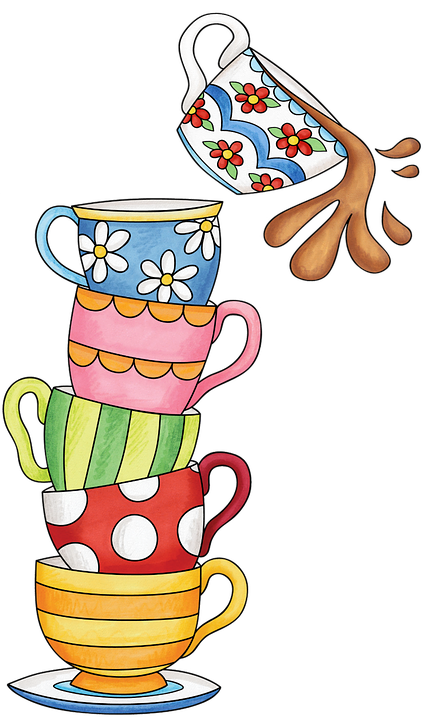
The great thing is that l-theanine can do this without causing you to become drowsy. Once you drink your tea, the l-theanine starts having an effect within just 30 minutes.
And these effects are not simply a placebo either. Alpha-waves in the brain have been shown to increase after the ingestion of l-theanine from drinking green tea or taking an l-theanine supplement. There is one other source of this amino acid that most people don’t know about: an edible mushroom called xerocomus badius.
So I guess you’re wondering how much green tea would you need to drink to have this effect?
Well, l-theanine comprises about 1-2% of the dry weight of tea leaves. So if you drink around 200 ml, you’ll get anywhere between 25-60 mg of theanine. It depends on how long you let the tea brew and the type of tea (Matcha or Sencha).
Studies have shown that 50-200 mg is effective in producing a calming effect without any drowsiness. (Juneja et al. Trends in Food Science & Tech 1999;10;199-204)
The half-life of l-theanine is also around 58 minutes to 74 minutes in humans.
L-theanine effects on brain alpha waves
If you didn’t know, brain waves are classified into four types, with the generation of stronger alpha-waves when you’re feeling relaxed.
Getting 200 mg of l-theanine might be a bit difficult in one go, even with the best quality teas, so researchers looked at the effect of a more reasonable dose on the brain.
So they recruited young and healthy participants to take just 5 mg of l-theanine and then measure their brain waves at baseline, 45, 60, 75, 90 and 105 after they took the supplement.
Relative to the placebo group, the participants who took the supplement had a significant increase in alpha wave activity in the brain. Indicating that just one or two cups of green tea could give the same kinds of relaxation and anti-anxiety effects as earlier studies suggested [1].
In another study published in 2009, researchers tested 250 mg of l-theanine for its effects on alpha wave activity in humans and how well subjects performed a variety of tasks.
Once again, it confirmed the previous findings of other studies with relation to alpha waves and showed that l-theanine could enhance the ability for attention processing, and sustaining attention over a long period of time when performing difficult tasks. [2]
L-theanine reduces anxiety

Anxiety is a huge problem in today’s world. Many people live which are full of stress and worry, and it’s not as if a simple cup of green tea or theanine supplement could solve those problems. But what it can do is change the way your mind and body respond to daily stresses.
If you can find ways to manage stress and anxiety in a productive way, then no matter what the challenge, you will be able to more effectively overcome it and prevent the negative symptoms associated with stress and anxiety.
Aside from reducing alpha waves in the brain, in animal studies, it has been shown to produce an anxiolytic effect by altering serotonin and dopamine concentration in the brain. Furthermore, l-theanine blocks the binding of glutamic acid to the glutamate receptors in the brain and modulates GABA(A) receptors.
GABA is essentially a neuroinhibitory transmitter in the brain, and increasing it helps you feel more relaxed.
In one clinical study, L-theanine (400mg) was given to patients who suffer from conditions known as schizophrenia and schizoaffective disorder. When combined with pregnenolone, there was a significant reduction in anxiety, tension and cardiovascular symptoms (often a symptom of anxiety/stress). [3]
In another 2017 study, l-theanine was shown to be effective for major depressive disorder in clinical trials. Researchers noted that during the 8 weeks, patients who received l-theanine had reduced depressive symptoms, anxiety, sleep disturbances, and cognitive impairments. [4]
Also, reductions in heart rate, salivary immunoglobulin A (s-IGA) has been observed in response to acute stresses in humans. These findings were attributed to the reduced sympathetic nervous system activation.
And finally, in 2017, a study was conducted with 49 human volunteers who took up to 200 mg of l-theanine. Researchers noted that improvements in alertness, arousal, and vigor started at a dose of just 40 mg, but 200 mg made subjects feel more relaxed, had decrease tension and felt calmer. Results were published in the Current pharmaceutical design journal.
Taken together, these findings indicate that drinking green tea or taking a supplement may help people who are prone to anxiety manage it better, and therefore reduce symptoms normally associated with it.
L-theanine reduces blood pressure
When a person is under psychological or physical stress, it can dramatically increase blood pressure and therefore increase the risk of heart attacks and stroke. People who do not do well under stress are at greater risk.
In the chart below, people who were deemed to be high-response to stress were given l-theanine and compared to the placebo and caffeine group.
The chart below shows that by taking the supplement, the high response group had a reduction or attenuated blood pressure response compared to the placebo group.
Due to the l-theanine requiring around 30 minutes to reach its peak effect, participants were required to take the supplement 36 minutes prior to mental tasks.
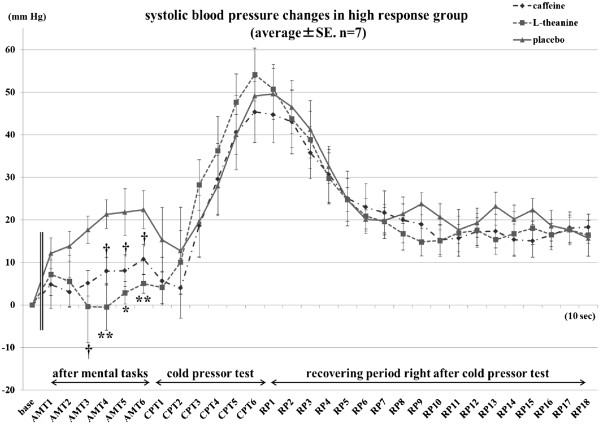
During the mental tasks, such as arithmetic and auditory detect task, subjects who took either caffeine or l-theanine had a much lower blood pressure response, with l-theanine doing a little better.
During the physical test, researchers asked the volunteers to place their hand in a bucket of ice-cold water for 1 minute and then put their hand on the table on top of a towel. In this test, l-theanine significant attenuated blood pressure increase relative to caffeine and the placebo.
However, the study did fail to see any significant benefit of l-theanine in those who generally perform well under stress.
And finally, in 2015, a double-blind, placebo-controlled trial looked at the effect of combining l-theanine with caffeine to see if it blunted the negative effects of caffeine with its vasoconstrictive effect.
The subjects received 75 mg of caffeine and 50 mg of l-theanine and then had their cerebral blood flow and cognitive function measured.
Combining the amino acid with caffeine appeared to eliminate the negative behavioral and vasoconstrictive effects from taking caffeine.
Although the findings above may not look significant, simply having a small decrease in blood pressure can save many lives. After a systolic of 115, there is an increase in the risk of cardiovascular disease and stroke if maintained over a long period of time.
How much should you take?
L-theanine has been shown to be safe and has been recognized as safe by the FDA at doses of 250 mg per serving.
Studies cited in this article have used up to 400 mg with no apparent negative effects, however, doses as low as 50 mg have been shown to be effective in helping induce relaxation and increase alpha waves in the brain.
Therefore, simply drinking green tea or taking a supplement should be enough. But I would stick to green tea in the daytime, and drink herbal teas for sleep at night. Herbal teas have very little to no caffeine and won’t interfere with sleeping.
Which types of tea to drink for l-theanine content?
If you’re still with me and not already in the kitchen brewing a cup of a green tea, let’s look at how much l-theanine in different teas! 🙂
In a study published by the University of Bristol in the UK, they looked at the amount of l-theanine in black tea and green tea.
Black tea (200 ml) – 24.2 mg +/- 5.7
Green tea (200 ml) – 7.9 mg +/0 3.8
Previous research had shown that green tea had the most, so why were the findings different? It’s possible that it was the way the green tea had been grown and processed. They also noted that adding milk significantly lowered l-theanine.
In this review, it was found that l-theanine varied widely in different types of tea, but green tea had the highest on average in the 37 samples that were studied.
White tea – 6 mg/g
Black tea – 5.13 mg/g
Green tea – 6.56 mg/g
One tea called Kamairi-cha which uses a pan-frying method instead of blanching has a very high level of theanine content. It has been measured as high as 21.67 mg/g – which is far higher than many other teas on the market. [7]
From doing a little digging, Gyokuro has the most theanine content compared to Matcha and Sencha teas.
Gyokuro Green tea (per gram) – High-grade (26.5 mg), medium (14.8 mg), low (13.4 mg)
Matcha Green tea (per gram) – High-grade (22.6 mg), medium 17.9 mg), low (11.7 mg)
Sencha Green tea (per gram) – Premium ( 19.8 mg), high (12.80 mg), medium (12,1 mg), low (6.12 mg)
Where to get it?
You can sometimes find these teas in your local health shop, or you can find them on Amazon. Here is Gyokuro Green tea.
References
[1] L-theanine, a natural constituent in tea, and its effect on mental state. Asia Pac J Clin Nutr. 2008;17 Suppl 1:167-8.
[2] The effects of L-theanine on alpha-band oscillatory brain activity during a visuospatial attention task. Brain Topogr. 2009 Jun;22(1):44-51.
[3] Add-On Pregnenolone with L-Theanine to Antipsychotic Therapy Relieves Negative and Anxiety Symptoms of Schizophrenia Clin Schizophr Relat Psychoses. 2018 Spring;12(1):31-41
[4] Effects of chronic l-theanine administration in patients with the major depressive disorder: an open-label study. Acta Neuropsychiatr. 2017 Apr;29(2):72-79
[5] A double-blind, placebo-controlled study evaluating the effects of caffeine and L-theanine both alone and in combination on cerebral blood flow, cognition, and mood. Psychopharmacology (Berl). 2015 Jul;232(14):2563-76
[6] How much theanine in a cup of tea? Effects of tea type and method of preparation http://www.bristol.ac.uk/expsych/people/emma-k-keenan/pub/2957550
[7] Changes in the composition of raw tea leaves from the Korean Yabukida plant during high-temperature processing to pan-fried Kamairi-cha green tea. J Food Sci. 2009 Jun
[8] Effect of Green Tea Phytochemicals on Mood and Cognition. Curr Pharm Des. 2017
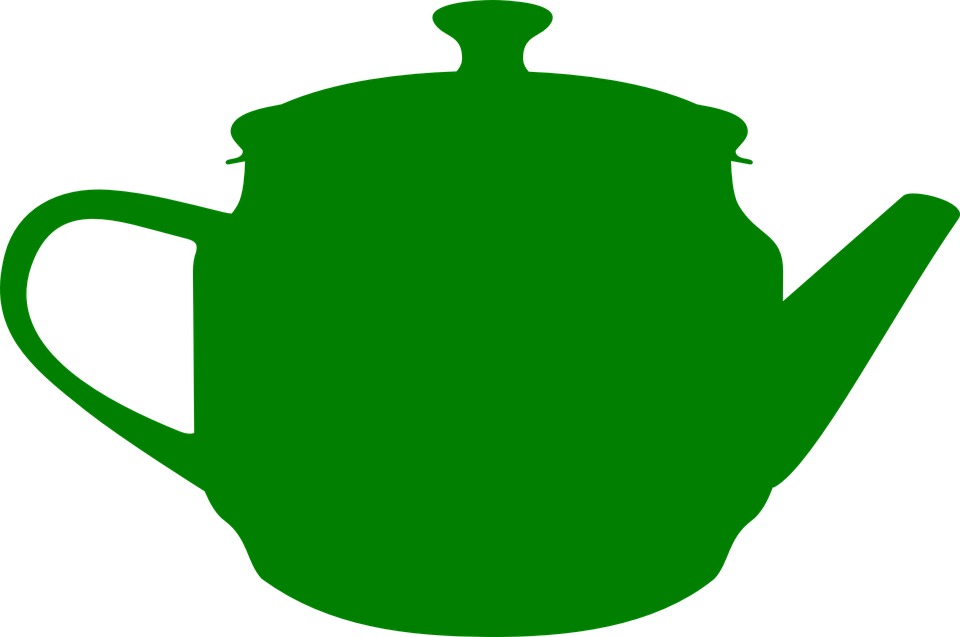
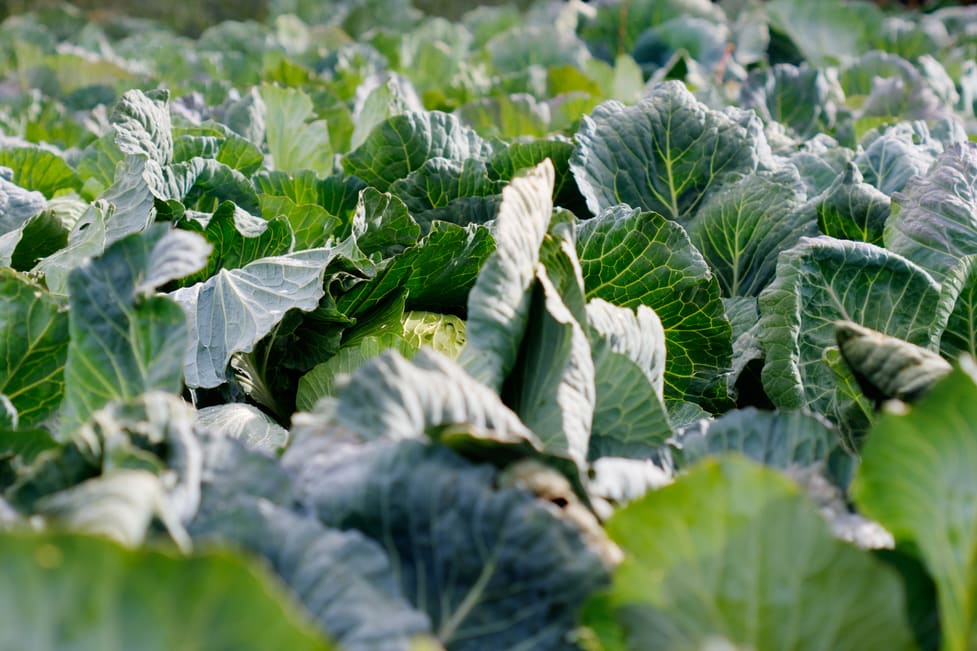
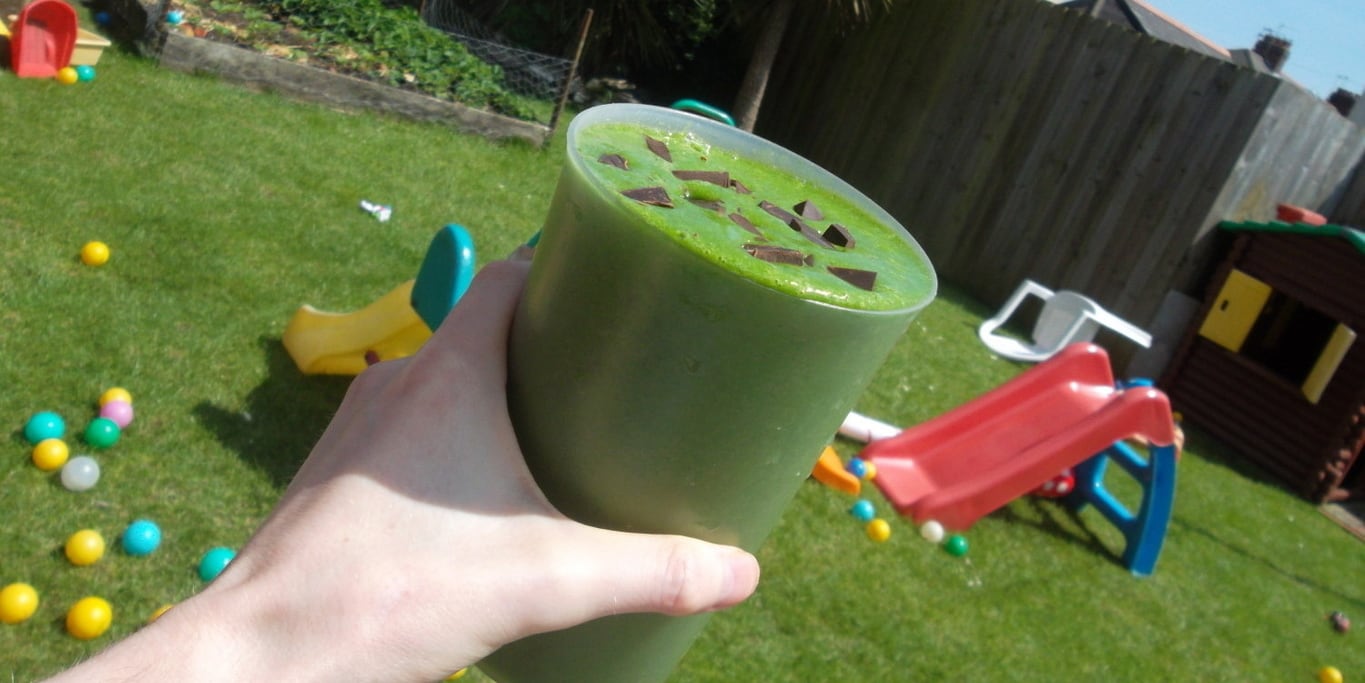


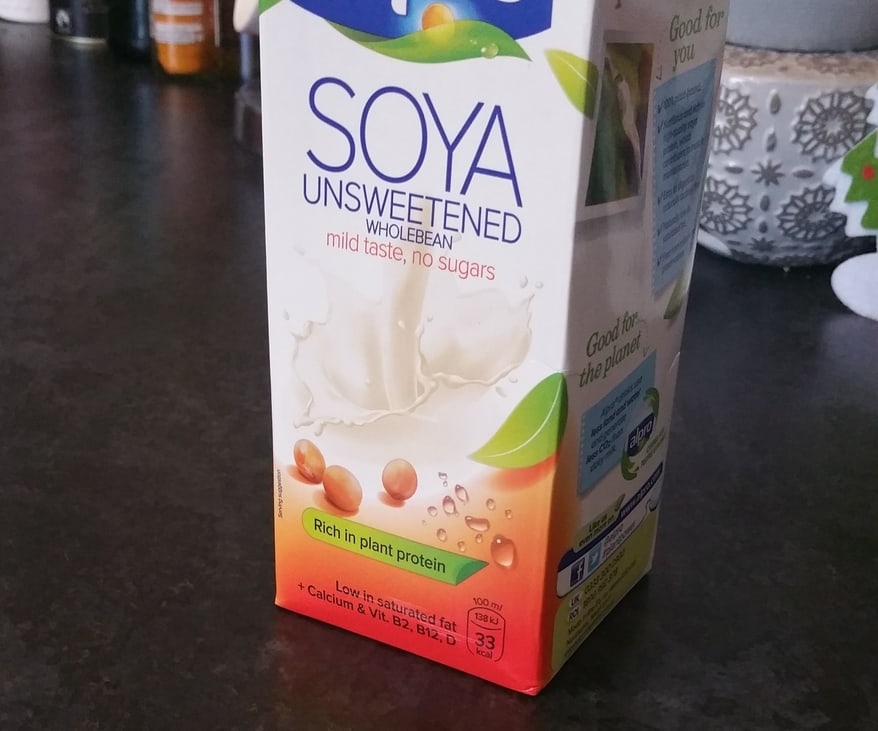
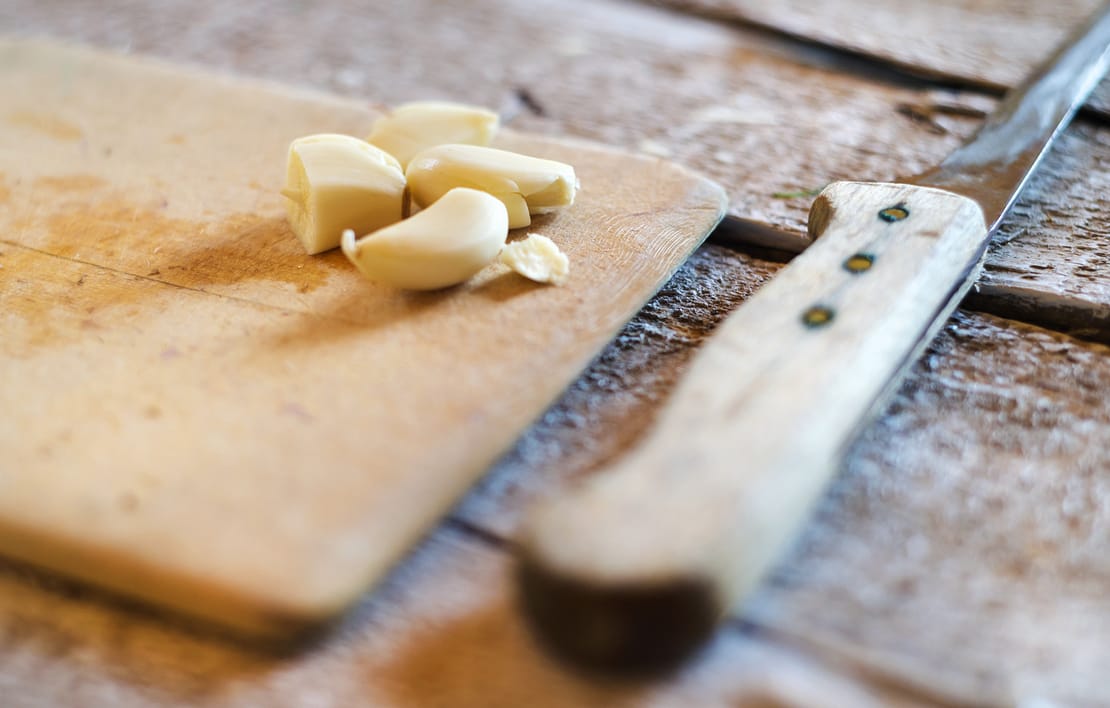
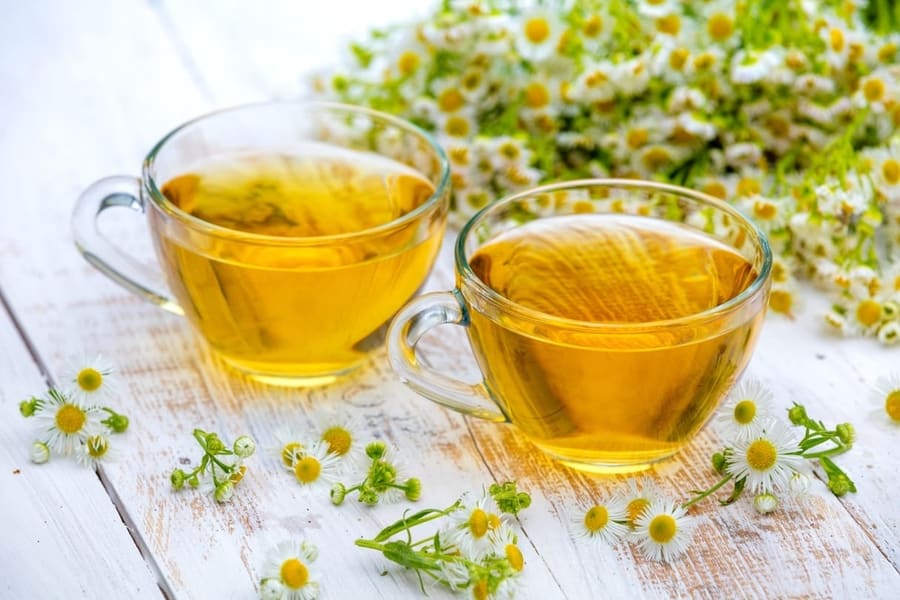
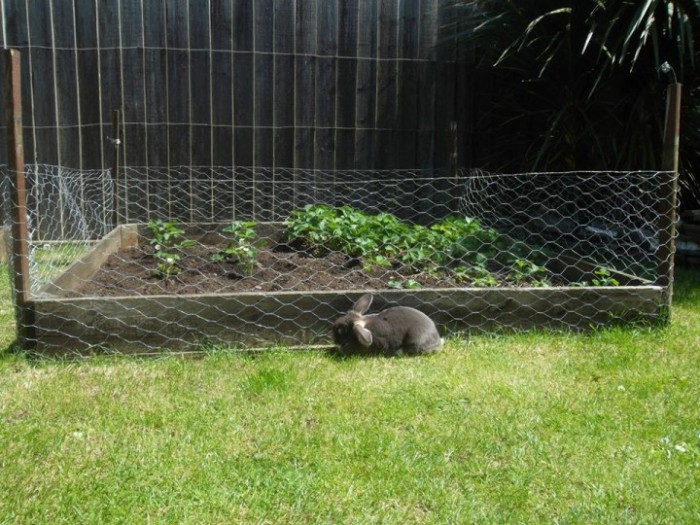


Nicely done article Matt. Thank you. Glad I found and read it. I have tried to switch my go to drinks in the morning and daytime to either herbal tea such as chamomile (doesn’t seem to make me noticeably tired, but causes some nausea) or green tea and simply more water throughout the day.. I miss my coffee but I am a taking break from it to see if tend to be calmer. And I am not certain if any connection but my appetite has decreased somewhat.